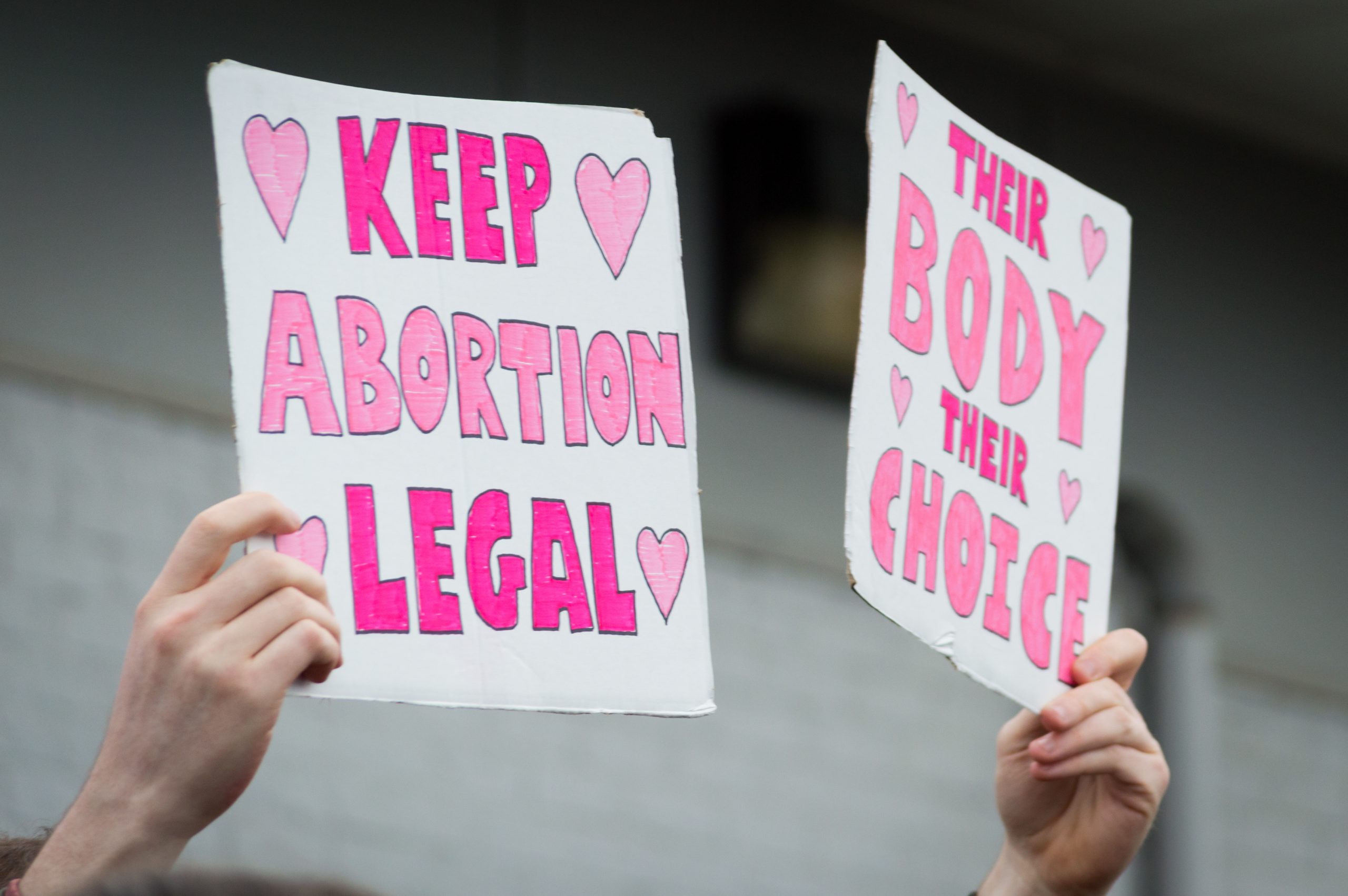Attacks on reproductive care have become a troubling new standard, especially since the unjust Supreme Court decision overturning Roe v. Wade. Over the past few years, a common concern has loomed large over the reproductive rights and access landscape: “They are coming for birth control next.” Despite the advancements made in birth control access, especially the landmark Affordable Care Act (ACA) requirement that plans cover birth control without out-of-pocket costs, Project 2025 makes it clear that the same forces that overturned Roe are coming for birth control. Policies like the ones outlined in Project 2025 seek to gut the substantial progress we’ve made making birth control accessible.
The writers of Project 2025 claim to care about patient choice, while at the same time describing the many ways they will strip contraceptive access from people like you and me.
Here’s how they’d do it:
1. Project 2025 would undermine the women’s preventive health services provisions of the ACA by allowing misinformation and anti-science rhetoric to guide decision-making.
The ACA birth control benefit is part of the broader requirement under the ACA that women’s preventive services be covered without cost-sharing. The Health Resources and Services Administration (HRSA), whose aim is to support equitable health care for the nation’s highest-need communities, supports the development of the guidelines of what is covered. Recommendations are made to HRSA by an expert panel of clinician, academic, and consumer-focused health professional organizations, led by the American College of Obstetricians and Gynecologists (ACOG), which conducts a scientifically rigorous review. This could look like clinical age recommendations for breast cancer screenings, which services should be included for comprehensive lactation support, and contraceptive care.
Project 2025 wants to exclude professionals such as ACOG (page 484) from advising on the women’s preventive services coverage, including birth control coverage. The likely outcome – given Project 2025’s focus on anti-science, anti-reproductive health care – would be ideologues who would rely on false or misleading pseudo-science to make recommendations and eliminate critical women’s preventive services coverage.
Project 2025 also wants to force HRSA to re-do all of its existing recommendations through notice and comment rulemaking. Revisiting existing recommendations would allow anti-reproductive health advocates to submit anti-science comments that the re-formed committee could then use as a basis for changing its recommendations, including on birth control. These efforts, targeted at the women’s preventive health services provisions, would be bad not only for contraception, but could interfere with all of the women’s preventive service recommendations, including things like breastfeeding and the well-woman visit.
The HRSA-supported women’s preventive services guidelines have remedied discrimination in women’s health care and coverage and led to increased overall uptake of these services, improving women’s health and economic security and reducing racial disparities. Any attempts to undermine it would create tremendous harm. To read more about the harm of losing access to preventive health services, check out our amicus brief in the Braidwood v. Becerra case here.
2. Project 2025 would eliminate certain contraceptive methods from the ACA birth control benefit.
Project 2025 wants to make birth control access more difficult by excluding popular methods such as external condoms and ella, a form of emergency contraception, from the ACA’s birth control benefit.
In 2021, HRSA expanded its recommendations to include male condoms as a contraceptive that must be covered without cost-sharing by health insurance. This means that many people have access to condoms for free. Project 2025 would eliminate these savings and reinstate costs that can be a barrier for individuals’ ability to obtain condoms.
While attacks on emergency contraception are not new, Project 2025 continues the trend of making anti-science claims about a product that is safe and effective at preventing pregnancy. The proponents of Project 2025 want to mislead people into believing that ella is the same as medication abortion. These claims are not only dangerous to ensuring access to contraceptive care generally, but also further stigmatize abortion and threaten important conversations around scientific accuracy in medicine. Policies that take away crucial contraceptive methods that individuals can access at no out-of-pocket cost are moving us backwards. We should be working to make birth control more accessible, not less.
3. Project 2025 wants to allow any employer to get out of providing essential birth control coverage, for any reason.
Another concerning aspect of Project 2025’s attack on birth control is its desire to revisit a Trump administration rule that granted free rein to almost any employer in the country to refuse to comply with the ACA’s birth control requirement for any reason. This rule put in place policies that harm people across the country by allowing their employers to take away their birth control coverage. In 2023, the Biden administration sought to eliminate these exemptions and ensure that employees can access comprehensive contraceptive coverage. The Biden administration-proposed rule has not yet been finalized but it should be by the end of 2024. Project 2025 calls for getting rid of the Biden rule and restoring the harmful Trump rules.
4. Project 2025 would make it harder for people to learn about and access birth control.
If the policies I’ve laid out already aren’t troubling enough, the proponents of Project 2025 also make it clear that they don’t care about you or your health. In addition to eliminating birth control coverage protections, weakening preventive services coverage, and allowing your employer or school to deny contraceptive coverage, Project 2025 would make it more difficult for people to even learn about birth control. Instead of providing funding for comprehensive sexual education programs, Project 2025 only wants the government to fund programs that provide information about the importance of marriage and family. This is not going to help individuals learn about their potential contraceptive needs and wants. Additionally, Project 2025 wants to expand the ability of individuals in the health care system to refuse to provide necessary care. This could lead to more instances of people being refused contraception in the pharmacy. We’ve already seen the impacts of people’s stories across the country. If you have experienced a refusal at the pharmacy, share your story here.
With so much at stake for reproductive health care, and for birth control specifically, it is vital to actively oppose these harmful policies.






